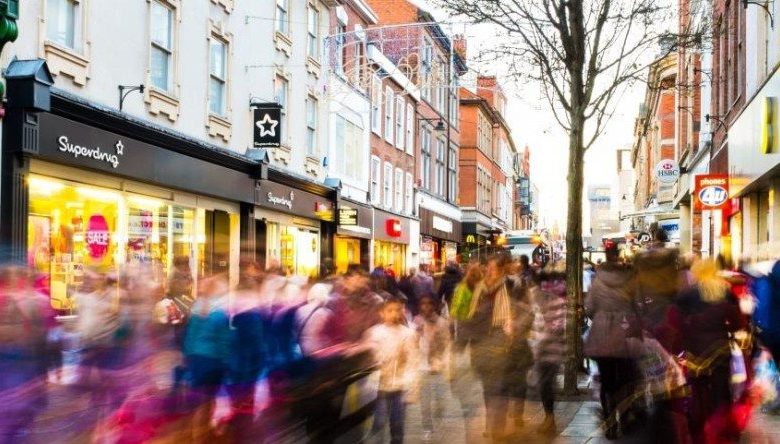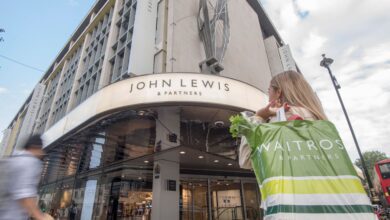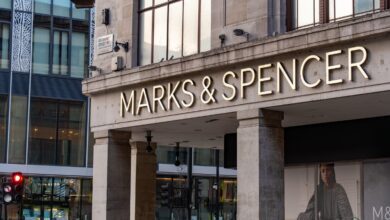Carnage on the shop floor

The pressure on the retail sector has been a consistent staple for investors since the end of the financial crisis, partly as a result of changing shopping habits but also down to rising costs and outdated business models. This has been no better illustrated by the way UK consumers behaved over the so called ‘Black Friday’ and ‘Cyber Monday’ weekend which saw some rather mixed messages from what is slowly becoming a regular event for UK consumers.






